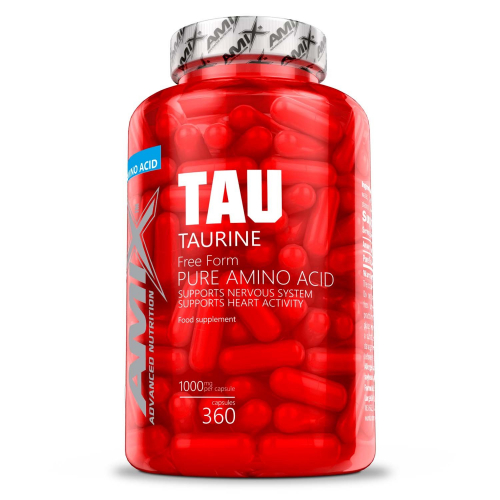Taurine
Taurine is an organic acid that occurs naturally in the bodies of mammals, including humans. It is an amino acid, but unlike standard amino acids, it is not a building block of proteins. It has important functions in the body and is widely present in various tissues, including the brain, heart, eyes, and muscles.
Taurine is known for its involvement in regulating the nervous system and supporting brain health. It plays a role in maintaining the electrical stability of cells and the transmission of signals between cells. It also helps maintain proper hydration and electrolyte balance in the body.
In addition to its neurological effects, taurine has been associated with various health benefits. It is believed to have antioxidant properties, protecting cells from oxidative damage. It may also support cardiovascular health by promoting healthy blood pressure and lipid levels. Taurine has been studied for its potential role in exercise performance, as it is involved in muscle contractions and energy metabolism.
Taurine is naturally found in animal-based foods such as meat, fish, and dairy products. It can also be obtained through dietary supplements. The recommended dosage of taurine varies depending on the specific health goals and individual needs. It is generally considered safe for most people when taken within recommended amounts.
Taurine is a free-form amino acid that participates in a variety of metabolic processes. Taurine is…
ALC is a combination of high quality Acetyl L-carnitine, Taurine and Vitamin B6.



